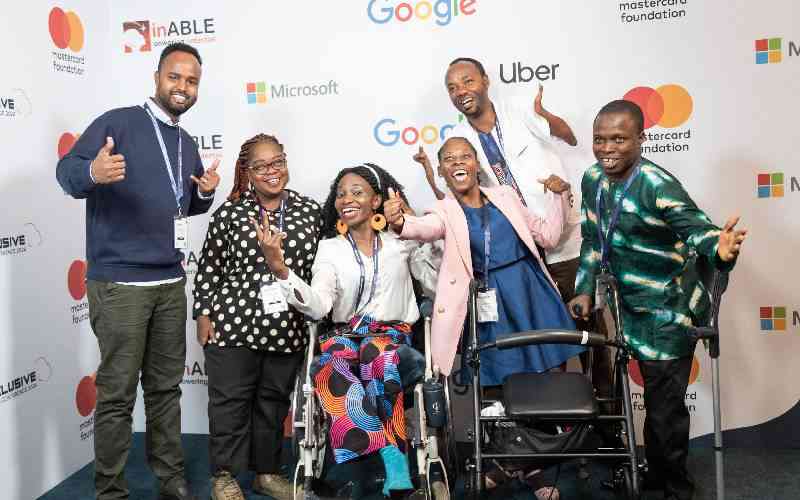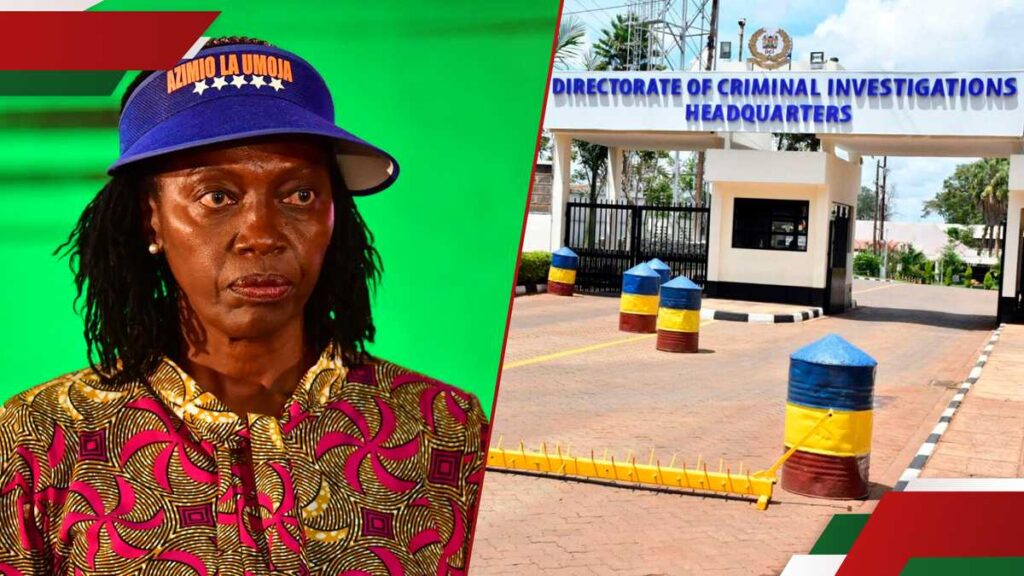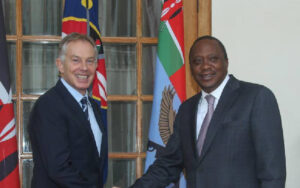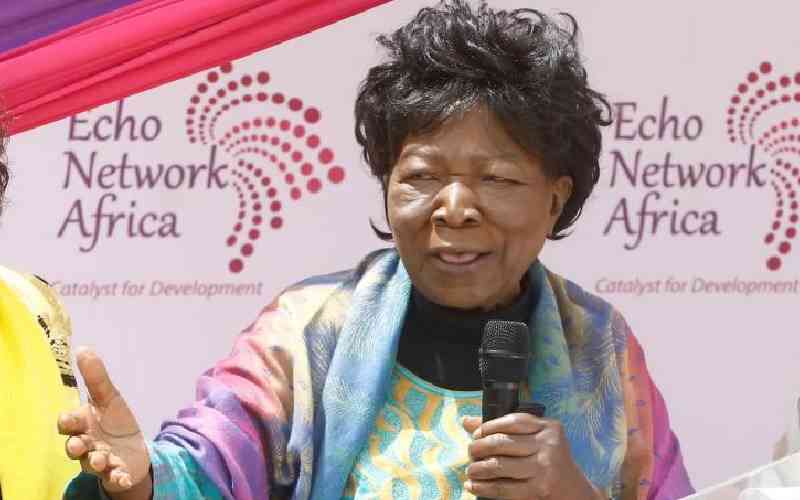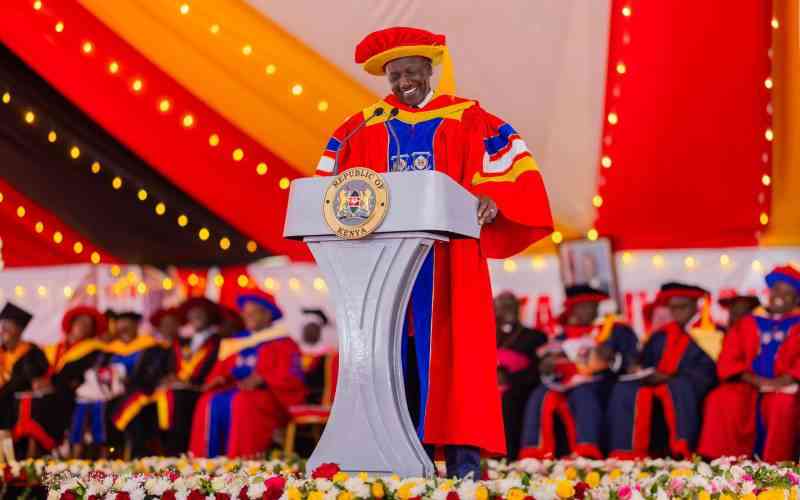Nairobi is next week expected to host an international conference aimed at pushing digital accessibility for persons with disabilities.
Themed ‘Scaling Digital Accessibility through Innovation & Entrepreneurship’, the Inclusive Africa Conference 2025 will focus on how artificial intelligence is being incorporated as a catalyst for assistive technology solutions across sectors, including financial, education, travel, and public transport.
Irene Mbari-Kirika, Founder and Executive Director of inABLE in a statement said the onference taking place between June 3 and 5 will highlight the ongoing harmonisation of ICT Accessibility policies for people with disabilities in Africa, focusing on the Persons with Disabilities Act 2025, signed by President William Ruto last week.
According to her, conference in its sixth edition will convene global tech leaders including Google, Microsoft, Uber, Intuit, Meta alongside government agencies and innovators.
Policymakers, entrepreneurs, educators, organizations of persons with disabilities, and the Mastercard Foundation will also be present in the conference that seeks to explore bold, scalable solutions for advancing digital accessibility across Africa.
“In today’s increasingly digital world, accessibility is not a luxury or an afterthought but a fundamental human right and a critical foundation for full economic participation. We will also observe the World Day for Assistive Technology during the conference,” said Ms Mbari-Kirika.
She said the progressive bill that was signed by Ruto provides a comprehensive legal framework for the rights and protection of persons with disabilities, aligning with the Kenyan Constitution and the UN Convention on the Rights of Persons with Disabilities.
The Bill was co-sponsored by Senator Crystal Asige and the Leader of the Majority Party, Kimani Ichung’wah.
It was passed by the Senate on February 1, 2025, and subsequently approved by the National Assembly on March 16, 2025.
“The Bill affirms the rights of persons with disabilities to education, healthcare, and political participation,” said Ruto during the signing ceremony on May 8.
He added that the law will ensure better access to employment, education, and social services for individuals living with disabilities.
The Bill, which replaces the Persons with Disabilities Act of 2003, is described as comprehensive and progressive.
It aims to eliminate systemic barriers faced by people with disabilities and enhance their inclusion in all sectors of society.
One of the key provisions is the restructuring of the National Council for Persons with Disabilities, which will play a central role in implementing the law.
Additionally, the law includes stronger protections against discrimination and mandates affirmative action measures across sectors.
Stay informed. Subscribe to our newsletter
Ms Mbari-Kirika said at the end of the conference, a selected cohort of 15 innovators will pitch their assistive technology solutions to possible funders and venture capitalists.








